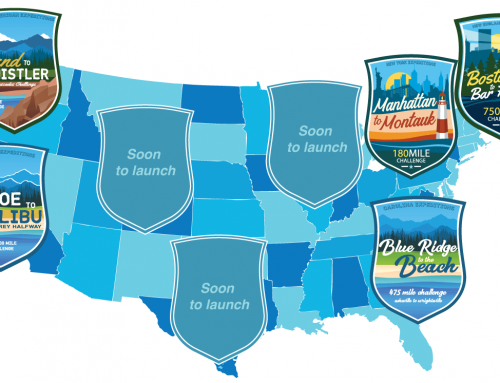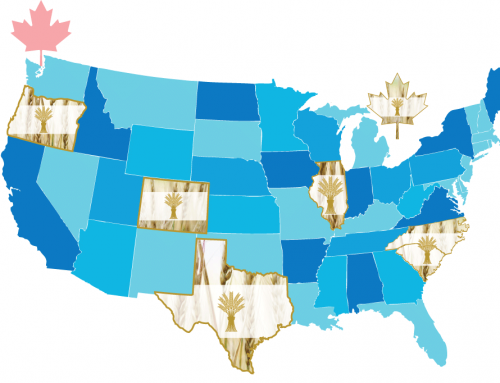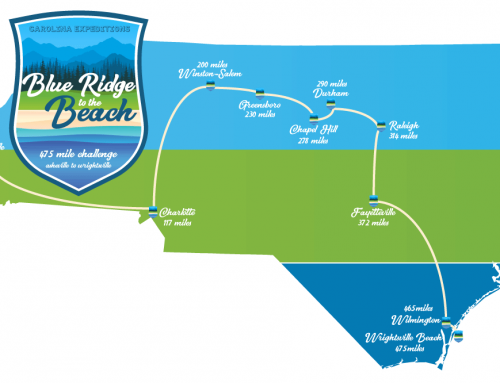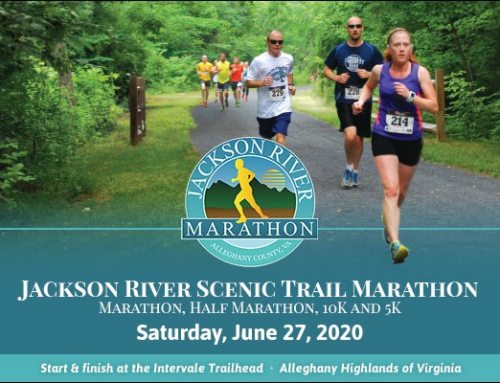The race you had on your calendar for so long is behind you and you’ve got your medal in hand. You trained hard and ran even harder. With so much effort invested into your preparation, don’t let your recovery be an afterthought.
“Many runners get into trouble focusing only on training and race day, but what happens after the race is just as important as what happens before,” said Dr. Eric Warren of Novant Health Waxhaw Family & Sports Medicine. “An equal amount of attention should be paid to proper recovery to allow the body to rehydrate, refuel and recover without injury.”
Do your body a favor and follow these post-race tips for a successful recovery (after showing off that race bling, of course).
Hydration
- Replacing lost fluids decreases post-race fatigue and soreness. Weigh yourself when you get home. For every pound lost during the race, drink 16 ounces of water or sports drinks.
- Drink enough to urinate within one or two hours of finishing the race.
Nutrition
- Consume a recovery drink or food with a 4:1 carbohydrate-to-protein ratio (e.g., chocolate milk or a protein shake with banana). This 4:1 ratio helps repair muscles.
- The glycogen recovery window (the period when your body most needs nutrients replenished) is 30 to 60 minutes immediately following your run. After that, satisfy your cravings. If you crave something salty, your body needs salt.
Exercise
- Focus on recovery this week, then work to maintain your fitness level. Many runners drop running completely after a long race. This can result in fatigue and even depression.
- For a few weeks, run on grass or trails to decrease stress on sore legs.
Injuries and pain
- You are likely to have some pain. Differentiating between long-distance run aches and injuries can be difficult. Don’t ignore pain or shrug it off as a necessary result of your efforts.
- Get adequate fluids, rest and good nutrition in the following weeks. Use ice packs over sore joints and muscles and take over-the-counter pain relievers only as needed.
“Pain that does not diminish after a week may need to be evaluated by a sports medicine provider,” Warren said. If you don’t have one, see your primary care provider first.
“Proper respect for the recovery process can keep runners pain and injury free, and ready to plan that next race!” Warren added. “And never forget to celebrate your accomplishment and all that got you to this point.”
# # #
Novant Health Sports & Performance Medicine, powered by EXOS, is a new resource offered in Charlotte, North Carolina, and surrounding areas. EXOS designs and delivers health and performance game plans that guide people to achieve higher levels of success. Since 1999, EXOS has been pioneering human performance for elite athletes, U.S. military special operations forces and innovative global corporations. Bringing EXOS to the community provides an opportunity for youth, high school, collegiate athletes and fitness-focused adults to train at the highest level. You can also learn more about sports medicine services offered by Novant Health at NovantHealth.org/sportsmedicine.








